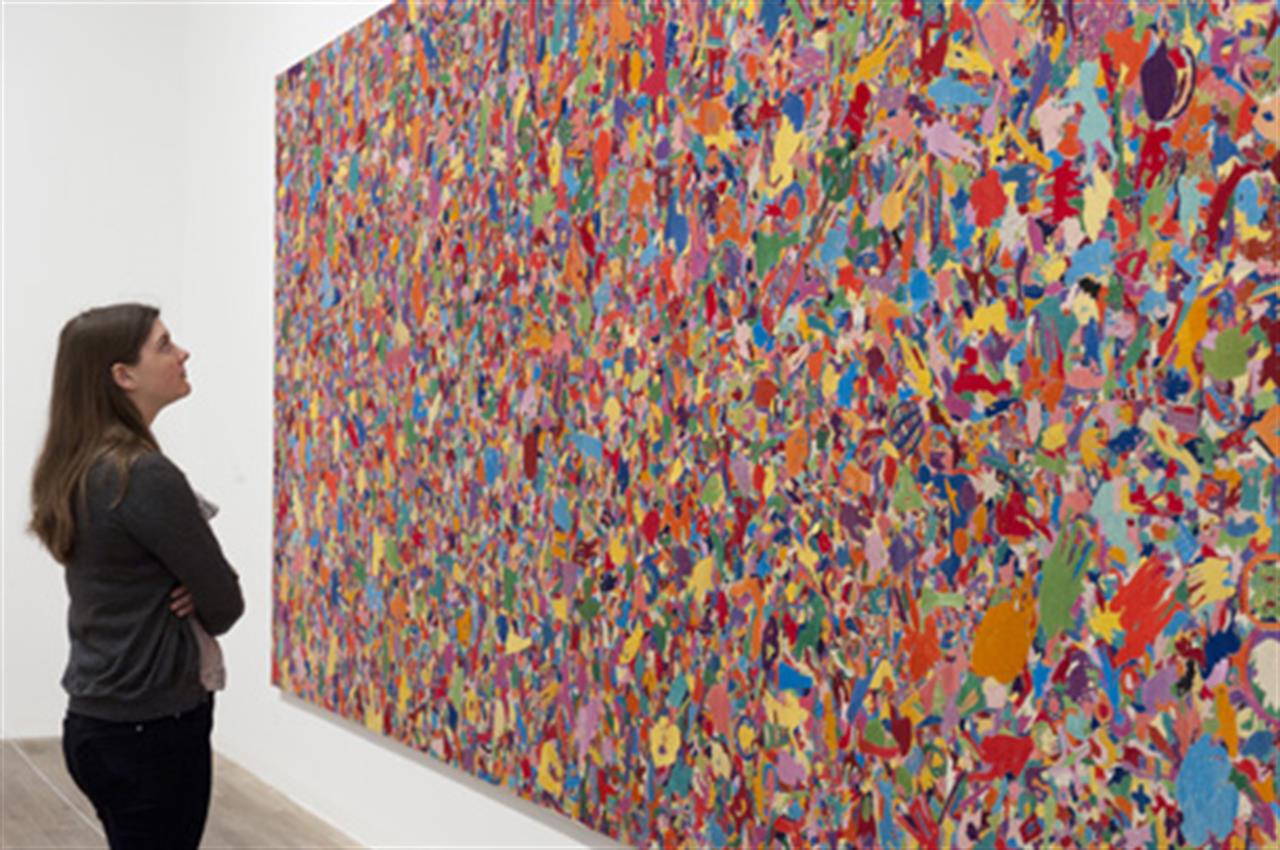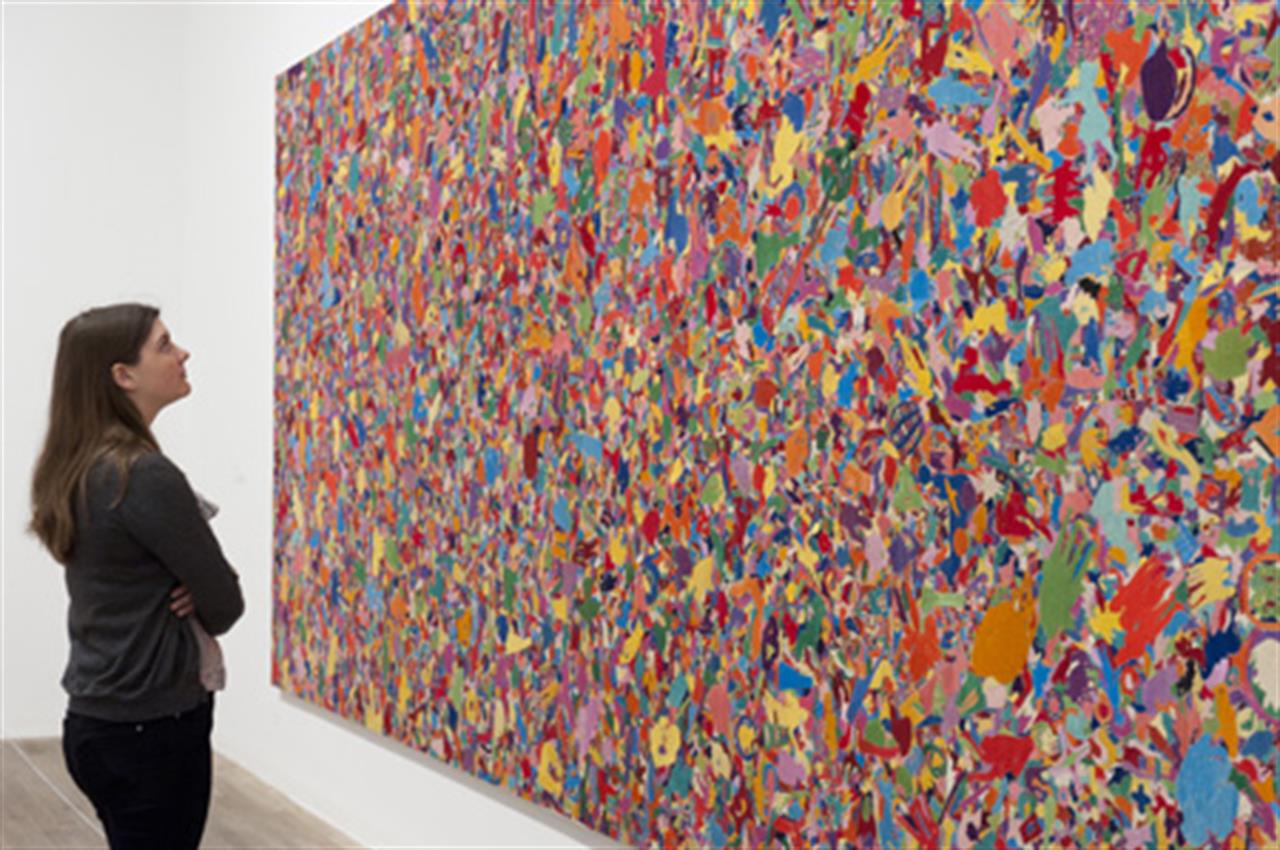
Have you ever realized that you could paraphrase Lady Thatcher in relation to Europe and the result could be amazing: Is there such a thing as Europe or just Europeans?
The exercise might be intellectually even more titillating after a visit to Alighiero Boetti’s exhibition at the Tate Modern. Inspired by the Italian shaman-artist you could question why the two concepts would be mutually exclusive. Boetti has literally showed that multiplicity and unity perfectly coexist in both nature and art.
Is this a ‘Eureka’ moment or has it always been part of political reflection over Europe? I remember an old motto of the EU saying ‘United in diversity’. Otherwise, inspired by Deng Xiao Ping, you could call it ‘One Union, several systems’.
Perhaps these might look to you to be the thoughts of a fool but here is where my interest lies these days.
I wonder how we can save the Union without losing the diversity of Europe. Actually, let me rephrase it: how can we progress in the Union while increasing diversity in identities and opportunities at the same time?
For far too long we have been talking of Europe as a sort of upcoming United States in the Old Continent. Historians have tried to show a coherent and linear history.
Now it’s clear to me this is utterly wrong. Actually it’s likely that the deep crisis the European Union is experiencing is due to such a mistaken vision.
50 years ago Europe had been kneed down by 2 World Wars and was threatened by a Soviet invasion. It was easy and sensible to join forces to recover and defend.
After ’89 though, the agenda changed and prosperity became the priority. Leaders have tried to force the multiplicity of Europe into one shape and one direction. Benchmarks were established and everybody had to meet adequate targets. Resources have been deployed to help.
This is not Europe. This is not what Europeans are and want.
Then, what shall we do? I’m not sure yet but I’m pretty convinced that a ‘one size fits all’ philosophy doesn’t deliver anymore.
The mantra in the last 2 decades was economic prosperity through free trade and convergence reflected in the single market and the Euro. The crisis in several countries, first of all Greece, should prompt a radical reflection.
Perhaps the market economy as we know it (and pretend it’s a natural fact) is in fact just the product of seemingly infinite energy supply provided by fossil fuel. If we are moving to a low-carbon economy we have to rethink the market.
Moreover we call it ‘market’ as if it were a unique entity but this is not my experience. Italy, France and the UK are all market economies but social, cultural and environmental elements shape the economy differently. How could anyone ignore the role of the sun in a southern region compared to the lack of it in a Nordic one?
On the other hand, Europe is still divided along national and ideological boundaries. We elect MEPs on a national basis and vote for political parties which are an expression of last century’s ideologies. The first bill proposing the establishment of the first European-wide constituency had to be withdrawn as there was no majority in the European Parliament.
The European Union is stuck in the last century and a false economic vision. Europeans and people living in Europe though are already connected beyond it and move across its boundaries.
Alighiero Boetti defined his art as ‘Mettere al mondo il mondo’ (to give life to the world). Art is not pure creation but revelation of what already exists but is not visible and understood. Perhaps what I call politics is ‘mettere al mondo l’Europa degli Europei (to give life to the Europe of Europeans).
Cosa fa VITA?
Da 30 anni VITA è la testata di riferimento dell’innovazione sociale, dell’attivismo civico e del Terzo settore. Siamo un’impresa sociale senza scopo di lucro: raccontiamo storie, promuoviamo campagne, interpelliamo le imprese, la politica e le istituzioni per promuovere i valori dell’interesse generale e del bene comune. Se riusciamo a farlo è grazie a chi decide di sostenerci.

